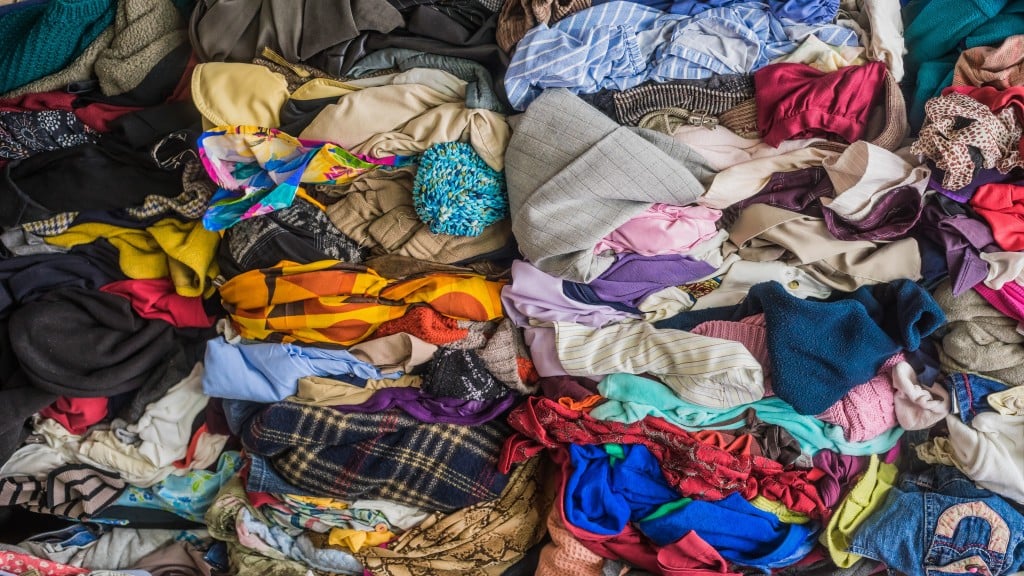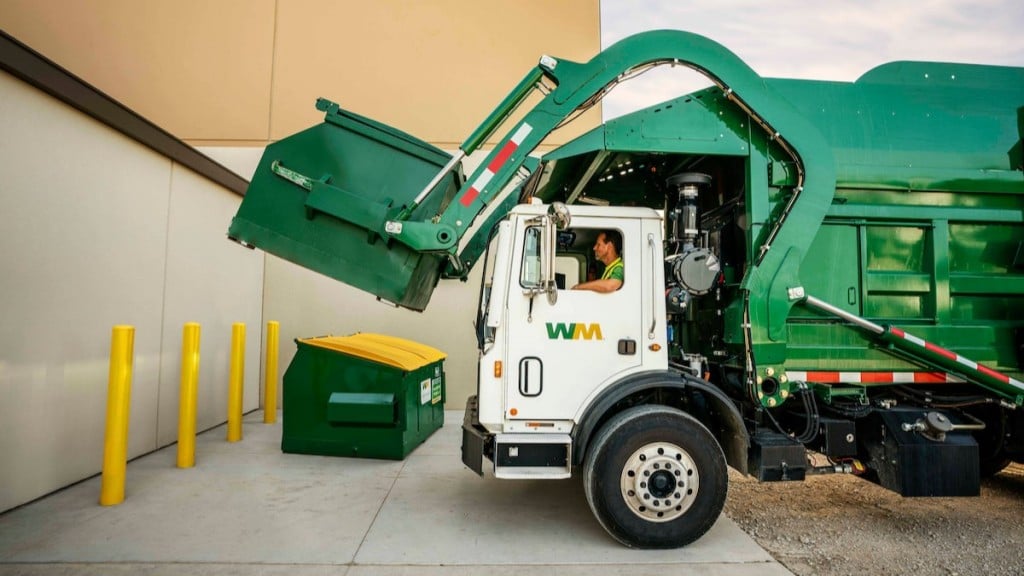A collaborative partnership for North American textile recycling
Goodwill, Reju, and WM join forces to develop a model for regional textile collection, sortation, reuse, and recycling

In collaboration with WM, Goodwill and Reju have launched a multi-year initiative to help advance textile recycling in North America. They plan to develop a collaborative model for regional textile collection, sortation, reuse, and recycling, aimed at diverting non-wearable textile materials from the waste stream.
Currently, only a small percentage of textiles worldwide are recycled. According to Textile Exchange's annual Materials Market Report, in 2023, less than one percent of the 124 million metric tons of textiles produced globally were made from recycled materials. This collaboration seeks to increase that percent by creating a system that captures a larger share of discarded textiles for resale or regeneration, ensuring textiles reach their highest-value reuse.
The partnership between Goodwill, Reju, and WM
Goodwill, North America's largest workforce development network and secondhand retailer, represents 154 local non-profits across Canada and the U.S., while WM is the region's leading provider of environmental solutions. Together, they are developing pilot projects to collect, sort, and grade discarded textiles for resale.
Additionally, Reju, a textile-to-textile regeneration company, will use the unsellable textiles as feedstock for recycling into new materials once it establishes a U.S.-based facility. This initiative aims to support a circular textile-to-textile system.
"With our 120-year legacy as a leader in circularity, Goodwill is positioning our local nonprofit enterprises at the forefront of creating systems for textile recycling and recovery. Goodwill is looking to become a preferred partner of brands, retailers, technology companies, equipment providers, and government and non-governmental organizations," says Steve Preston, president and CEO of Goodwill Industries International (GII).
From unsellable textiles to recycling feedstock
Owned by Technip Energies and using technology originally developed by IBM, Reju based its infrastructure development for transforming unwearable textiles into recycling feedstock on research funded by the Walmart Foundation and conducted by Goodwill, which assessed the fiber composition of unsold textiles.
Reju's end product is expected to have a 50 percent lower carbon footprint than virgin polyester and can be regenerated indefinitely. In September, Reju opened its first demonstration plant, Regeneration Hub Zero, in Frankfurt, Germany, with plans to produce Reju PET by 2025.
"To tackle the challenges posed by discarded textiles, we need radical collaboration and cooperation, and through our potential project with Goodwill and WM, we are building the ecosystem to achieve textile circularity," said Patrik Frisk, CEO of Reju.
Goodwill's role in partnership
"Reuse remains the highest form of sustainability and circularity, and Goodwill prides itself on being the best steward of donated goods," said Colleen Morrone, president and CEO of Goodwill of Delaware & Delaware County and chair of the Goodwill Sustainability Committee. "Now we are on an innovation journey to develop new ways to find the highest use for all of the items entrusted to our care."
The Goodwill network plays a critical role in powering the circular economy. In 2023, Goodwill recovered the value of over 4.3 billion pounds of donated products, which supported the development of skills training, job placement, career advancement opportunities and other community-based services for more than 1.7 million people.
"With our more than 3,300 stores and donation centres within 10 miles of 83 percent of the U.S. population, Goodwill has the infrastructure and the public trust to serve as a collection point for textiles. As the extended producer responsibility (EPR) movement gains force, we are inviting brands to work with us to create new solutions for managing product," says Jennifer Lake, president and CEO of Goodwill of the Finger Lakes and chair of the Goodwill Circularity Subcommittee.



